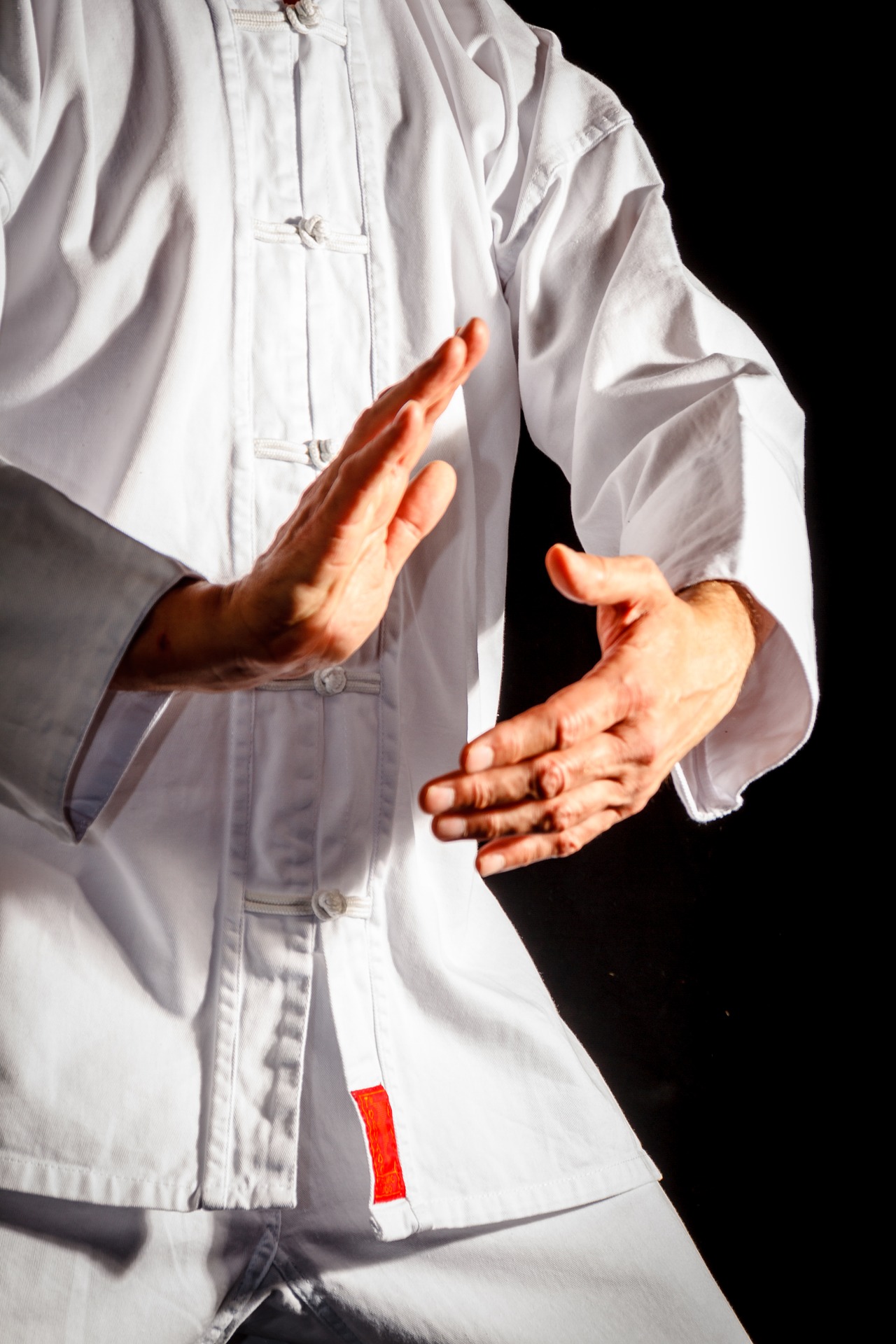Life’s journey is rarely a smooth, unbroken path. We inevitably encounter emotional storms – periods of grief, stress, anxiety, or disappointment that can leave us feeling adrift and overwhelmed. In these turbulent times, the establishment of healthy rituals can act as a sturdy anchor, providing a sense of stability and guiding us back towards emotional equilibrium. These intentional practices, woven into the fabric of our daily lives, offer a framework for healing, fostering inner resilience, and gradually restoring a sense of normalcy amidst the chaos according to https://www.monkeskateclothing.com/.
The power of ritual lies in its predictability and intentionality. When our inner world feels chaotic, engaging in familiar, comforting routines can provide a much-needed sense of control and safety. These aren’t grand gestures, but rather small, affirmative actions that consciously carve out space for self-care and emotional processing. By consistently engaging in these practices, we send signals to our minds and bodies that we are prioritizing our well-being, fostering a sense of calm and security that can be profoundly healing according to https://tu.tv/2023/11/london-after-dark.html.
One of the most accessible starting points is incorporating mindfulness into your day. Even five to ten minutes of focused breathing exercises or a guided meditation can help quiet the mental chatter and bring you back to the present moment. This simple act of pausing allows you to observe your emotions without judgment, creating a space for understanding and acceptance rather than being swept away by them.
Movement is another powerful tool for emotional recovery. Engaging in physical activity, whether it’s a brisk walk in nature, a yoga session, or simply stretching, releases endorphins that have mood-boosting effects. The rhythmic nature of exercise can also be incredibly grounding, providing a physical outlet for pent-up emotions and helping to clear the mind. Making movement a daily ritual, even in small increments, can significantly contribute to emotional well-being.
Creating a nurturing bedtime routine is equally crucial. Sleep is a vital restorative process for both our physical and emotional health. Establishing a consistent pre-sleep ritual, such as dimming the lights, reading a calming book, taking a warm bath, or practicing gentle stretching, signals to your body that it’s time to wind down. Avoiding screens and stimulating activities before bed can further enhance sleep quality, allowing your mind and body to rest and repair.
Furthermore, cultivating rituals around connection can be incredibly supportive during times of emotional distress. This could involve scheduling regular phone calls with loved ones, dedicating time for meaningful conversations, or engaging in shared activities that bring joy and laughter. Knowing that you have a support system and actively nurturing those connections can provide a sense of belonging and reduce feelings of isolation.
Finally, incorporating small acts of self-compassion into your daily routine can be profoundly healing. This might involve journaling your thoughts and feelings without judgment, practicing positive self-talk, or simply allowing yourself moments of rest and relaxation without guilt. These gentle acts of kindness towards yourself acknowledge your pain and reinforce the idea that you are worthy of care and understanding, especially during challenging times.
Building healthy rituals for emotional recovery is not about finding quick fixes, but rather about cultivating sustainable practices that nurture your inner landscape. By consciously incorporating small, affirmative actions into your daily routine, you create a framework for healing, strengthen your resilience, and gradually pave the way back to emotional balance and well-being. These rituals become the gentle bridges that guide you through the storms, reminding you of your inner strength and the possibility of finding calm amidst the waves.


